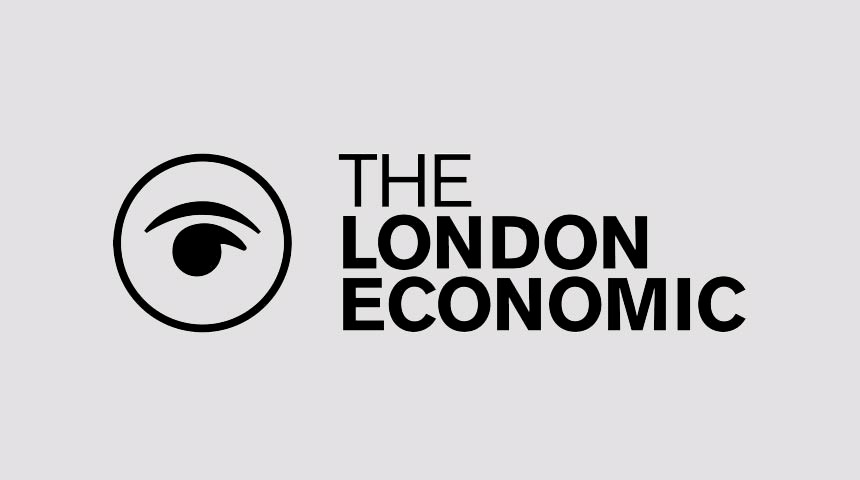December 19th 2023
| London EconomicThe Smell Of Hypocrisy In Dubai

Professor Marc Chesney of the University of Zurich says that the foul stench oil, gas, and coal emanated from global climate summit COP28.
When thinking back on COP28, it is tempting to paraphrase Patrick Süskind in his novel Perfume, where stench becomes a refrain.
The recently ended climate change conference stank of oil, gas, and coal. The representatives of fossil fuel-producing industries, along with the banks that finance them, smell like the noxious vapours around petrol pumps. The government delegates who align themselves with the industry reek of either incompetence or venality, depending on your viewpoint. A foul stench emanated from this global climate summit that in the end helped make the world unbreathable, both literally and figuratively.
A few points of fact allow us to corroborate this aromatic intuition. Close to 2,500 lobbyists for Big Oil were in attendance. This was up from 636 at the previous COP in Sharm el-Sheikh, and in 2021 in Glasgow: 503. This represents nearly a five-fold increase in just two years: a booming market for influence.
Not only that, but almost unbelievably COP President and chief lobbyist Sultan al-Jaber is also the director of the Abu Dhabi National Oil Company (ADNOC)! The conference he chaired was in many ways indistinguishable from an oil industry summit.
At COP28, thousands of company men were all hard at work to preserve their interests and increase their profits; such a conference is a wonderful springboard for networking, business discussions, and the execution of new fossil fuel deals.
The rise in power of Big Oil in these climate forums also aims to drown out the voices of scientists, those of the IPCC in particular, who have been sounding the alarm for decades.
And the final statement of the delegates who met in Dubai is not even binding on any country. Surprise, surprise.
An estimated 80,000 attendees were accredited to participate in this conference (tens of thousands of them have preferred access to the so-called ‘green zone’, around the negotiation venue).
Having arrived neither by bicycle nor camel, almost all of the foreign delegates took a commercial flight or even a private jet to get there. The greenhouse gas emissions associated only with their return journeys to the UAE thus amount to at least 200 thousand tonnes of new CO2 emissions in the space of a fortnight.
However, according to the soothing official spiel, their presence was necessary to keep alive the 2015 Paris Agreement that limits the increase in temperature at the end of the century to 1.5 or 2 degrees Celsius, precisely thanks to a global reduction in these same emissions. This is meant to reassure us, except that this farce utterly stinks of hypocrisy, not to mention kerosene.
Fossil fuels generate levels of air pollution that are increasingly difficult to bear. According to the WHO, this pollution is already responsible for around seven million premature deaths per year worldwide. Newborns, the elderly, and asthmatics are particularly affected.
Extreme (and rising) temperatures are also the cause of several million deaths each year. Global warming amplifies extreme suffering and accidents in many economic sectors. Outdoor working conditions, for example, are already often unbearable during the summer: and we are still in the early years. Chronic kidney failure among workers is increasing, due to the incompatibility of the human body with prolonged scorching temperatures. What is it that our political “leaders” are waiting for, while the number of climate victims explodes?
Most governments either pretend to take global warming seriously, through carefully crafted yet empty declarations, or, in the case of the libertarian far right, don’t even bother. Whether or not they are believers, they are obviously not practitioners. Not only are they not assisting their populations in danger, it is even worse: their lack of action places their own people increasingly at risk.
In the topsy-turvy world in which we now find ourselves, let us bet that soon a conference to promote world peace will be organised by the arms industry, and that a medical summit to defeat lung cancer will be sponsored by Big Tobacco. Both of these industries also cultivate a sanctified odour in the high spheres of power.
With all this said, we still have time to react to and to transform this pervasive cynicism, so as to make our lives once again breathable.
Marc Chesney is Professor of Mathematical Finance at the University of Zurich and author of A Permanent Crisis (2018).
